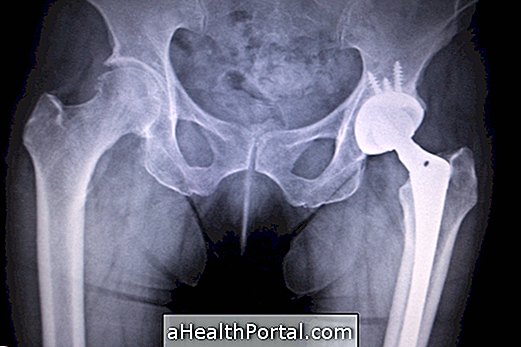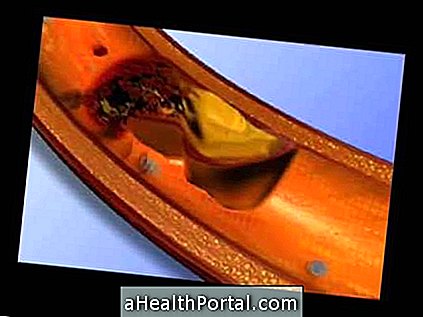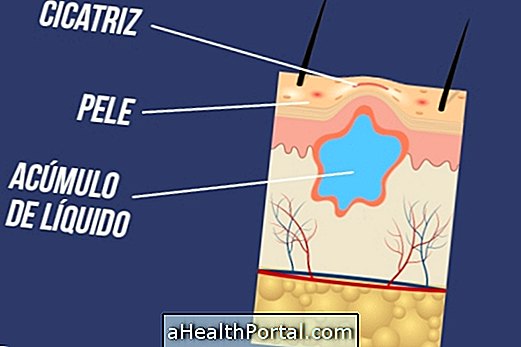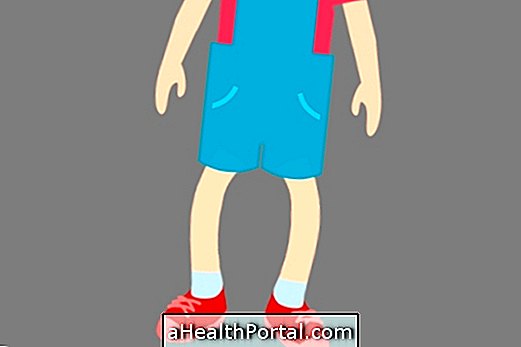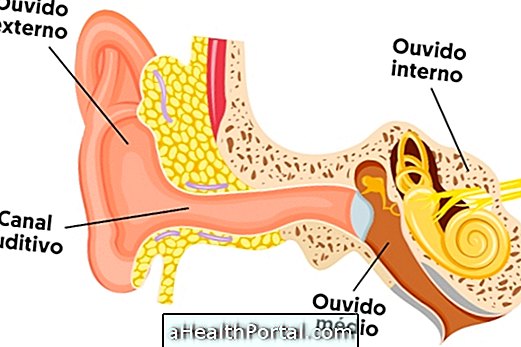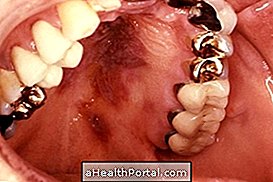Treatment for urinary incontinence, also called enuresis, which is the involuntary and repeated loss of urine after 5 years of age, during the day or at night, can be done with:
- Urinary alarms, which are devices that have a sensor that is put on the child's panties or underwear and that touch when she starts to pee, waking her up and causing her to get up to urinate, as the pictures show. PipiStop is an example of a brand of these alarms and the price ranges between 80 and 240 reais;
- Physiotherapy for childhood urinary incontinence through exercises that strengthen the muscles of the bladder, programming of times when the child should urinate and sacral neurostimulation, which is a stimulant technique for the control of the bladder sphincter;
- Anticholinergic drugs, such as Desmopressin, Oxybutyrin and Imipramine, soothe the bladder and reduce urine production.
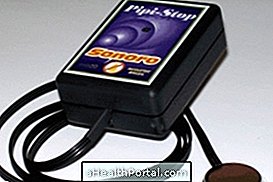

The pediatrician is able to make a diagnosis of childhood urinary incontinence, but the pediatric urologist is the specialist to indicate the best treatment and is indicated for the most severe cases.
Tips for speeding up treatment
There are some tips during treatment for childhood urinary incontinence or infant enuresis such as:
- Always have a change of underwear in the school bag;
- Avoid giving liquids to the child before going to bed;
- Encourage the child to urinate before going to bed;
- Put a cover or cover on the bedding;
- Put a change of bedding in the child's room;
- Absorbent dressings or underwear that can neutralize it.
- Waking up the child during the night to urinate, with the purpose of creating a routine, therefore the child empties the bladder at least once during the night;
- Ask the child to hold the pee for 10 seconds when urinating;
- Give the child a reward whenever it shows improvement.
It is very important for parents to be patient, to remain calm during this phase and never to blame the child for this problem.


